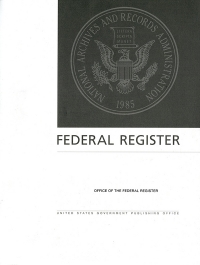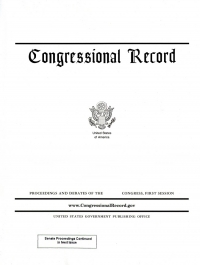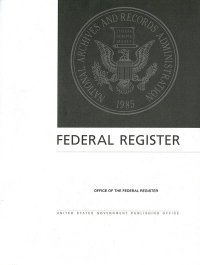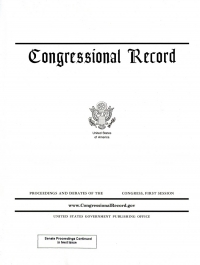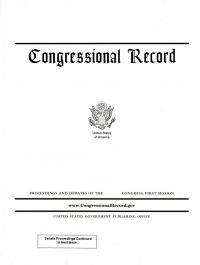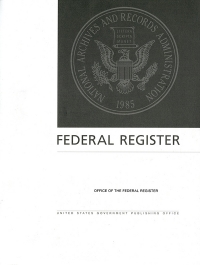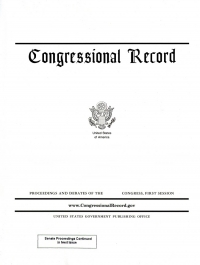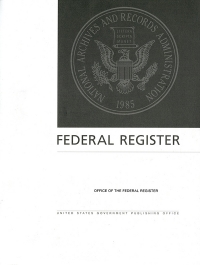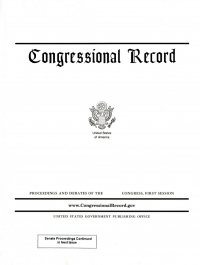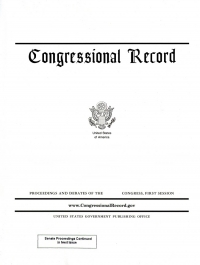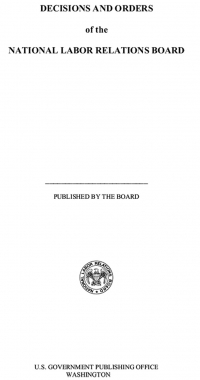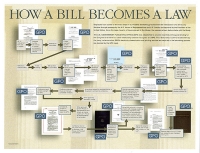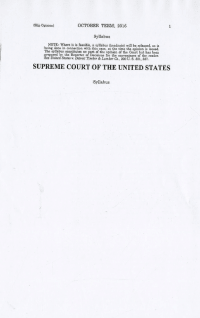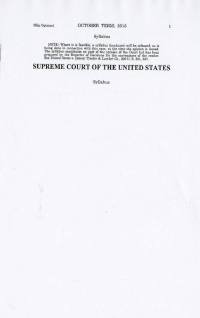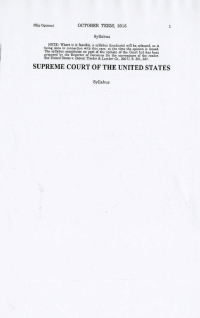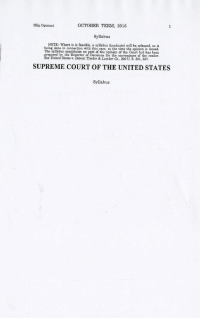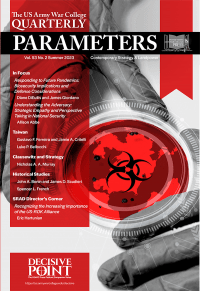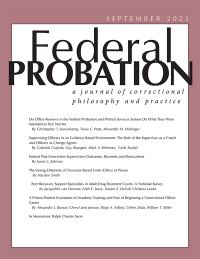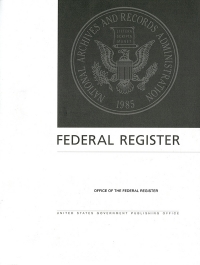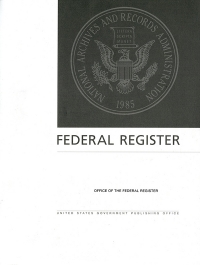Are you looking for Federal court procedures? Did you know that many of these Federal court procedures are available as automatic shipment releases by signing up for a standing order?
This official collection probides publications about Federal rules and procedures, from Congress to Federal agencies to the Federal Courts.
Federal Rules for Appelllate Procedure -Use Standing Order Code: ZFRA. Please call GPO Contact Center at 1-866-512-1800 to enroll
Federal Rules for Civil Procedure -- Use Standing Order Code: ZFRC. Please call GPO Contact Center at 1-866-512-1800 to enroll
Federal Rules of Evidence -- Use Standing Order Code: ZFRE. Please call GPO Contact Center at 1-866-512-1800 to enroll
Other products in this collection not available as standing order include:
Federal Rules of Criminal Procedure, December 01, 2018
Federal Rules of Bankruptcy Procedure
The Federal Rules of Appellate Procedure (FRAP) are a set of rules, originally adopted in 1967 and amended regularly since then, promulgated by the Supreme Court of the United States on recommendation of an advisory committee, to govern procedures in cases under appeal in the United States Courts of Appeals.
Since most argument in appellate court centers around written briefs prepared by the litigating parties, the Rules govern how these briefs can be presented. Few jurisdictions allow for oral argument. Where allowed, oral argument is intended to clarify legal issues presented in the briefs and is ordinarily subject to a time limit.
In addition to these rules, procedure in the Courts of Appeals is governed by applicable statutes (particularly Title 28 of the United States Code) and by local rules adopted by each individual court. Many of these local rules incorporate Federal Rules of Appellate Procedure by reference.
Federal appellate courts are governed by the Federal Rules of Appellate Procedure. State appellate courts are governed by their own state rules of appellate procedure.
The Federal Rules of Criminal Procedure are the procedural rules that govern how federal criminal prosecutions are conducted in United States district courts, the general trial courts of the U.S. government. As such, they are the companion to the Federal Rules of Civil Procedure. The admissibility and use of evidence in criminal proceedings (as well as civil) is governed by the separate Federal Rules of Evidence. The U.S. Constitution, the Federal Rules and the federal court system's interpretations of both provide guidance and procedural canons that law enforcement must follow. Failure to follow such procedure may result in the suppression of evidence or the release of an arrested suspect.
Similarly, individual states have their own codes of criminal procedure of which many closely model the Federal Rules. While state constitutions and procedural rules may increase the protection afforded to criminal defendants, they may not offer less protection than that guaranteed by the U.S. Constitution.
The Federal Rules of Evidence (FRE) is a code of evidence law governing the admission of facts by which parties in the United States federal court system may prove their cases, both civil and criminal. The Rules were enacted in 1975, with subsequent amendments.
The Rules were the product of protracted academic, legislative, and judicial examination before being formally promulgated in 1975. U.S. states are free to adopt or maintain evidence rules different from the Federal Rules, but a substantial majority of states have adopted codes in whole or part based on the FRE.
Statistical data compiled by various Federal government agencies.
Whether for personal or business life, these finance and investing publications will help inform consumers and professionals alike while making financial and investment decisions. Includes specialty topics such as Bankruptcy & Business Credit; Banks & Financial Institutions; Securities, Commodities & Investments; and U.S. Savings Bonds.


